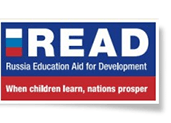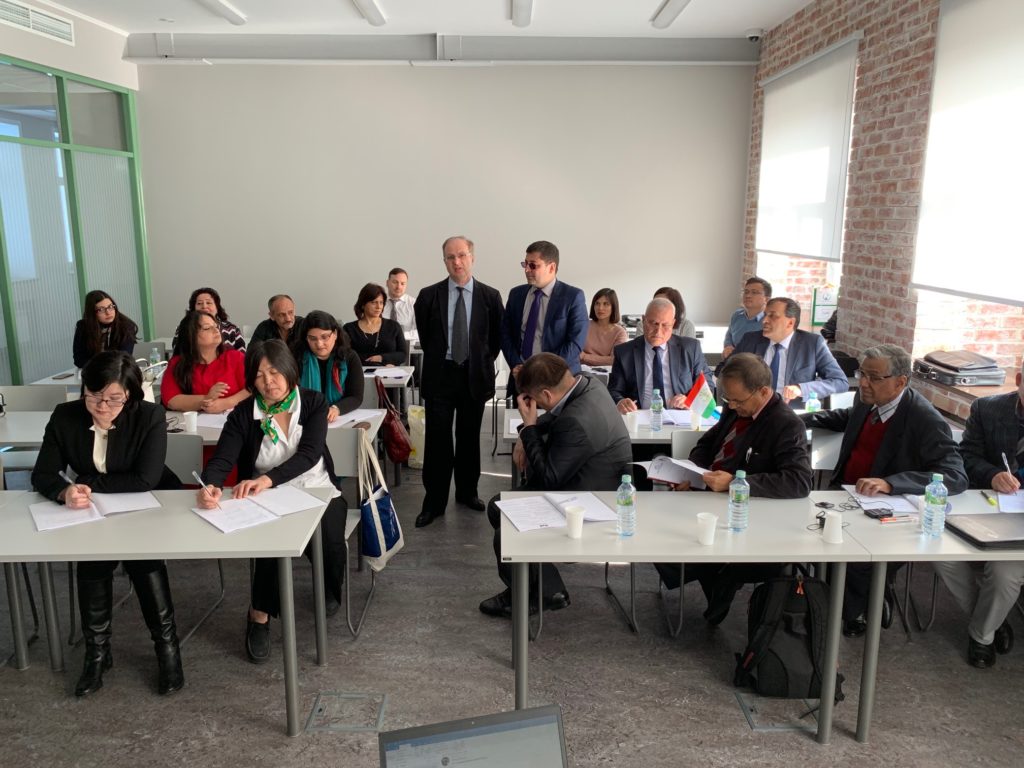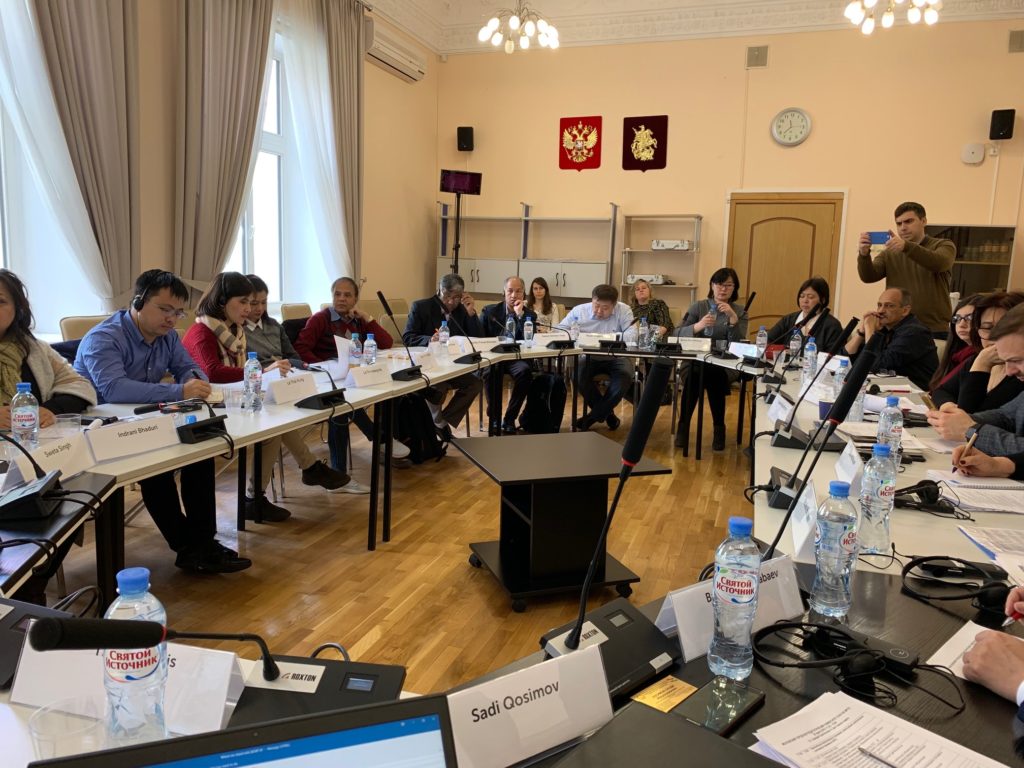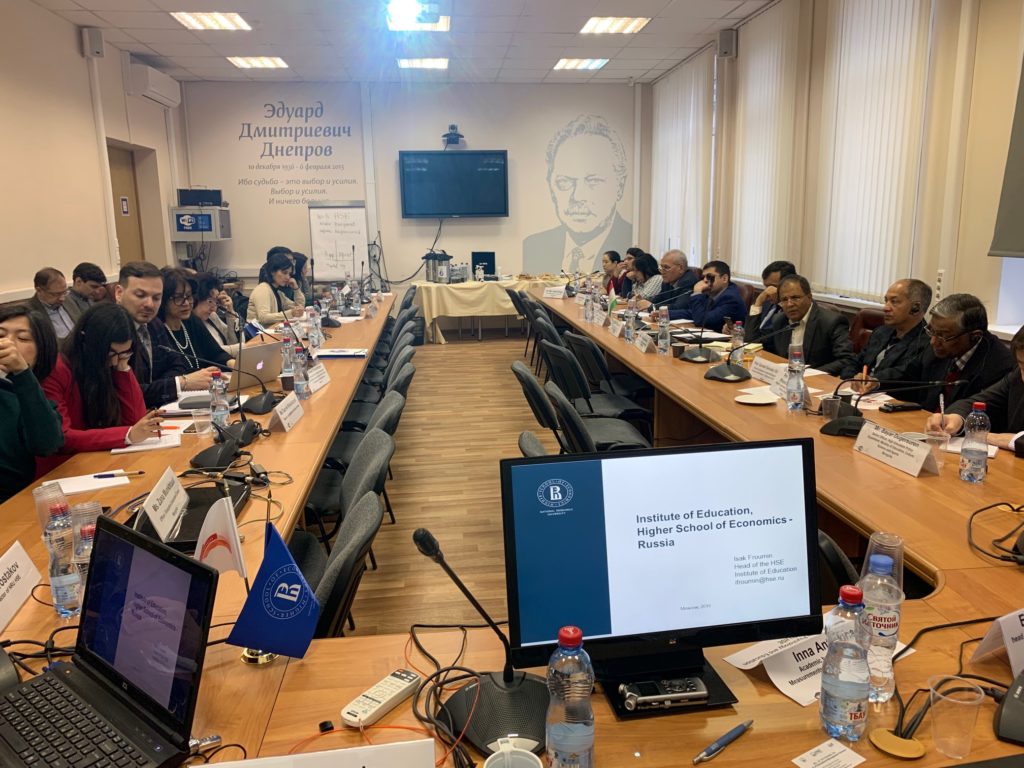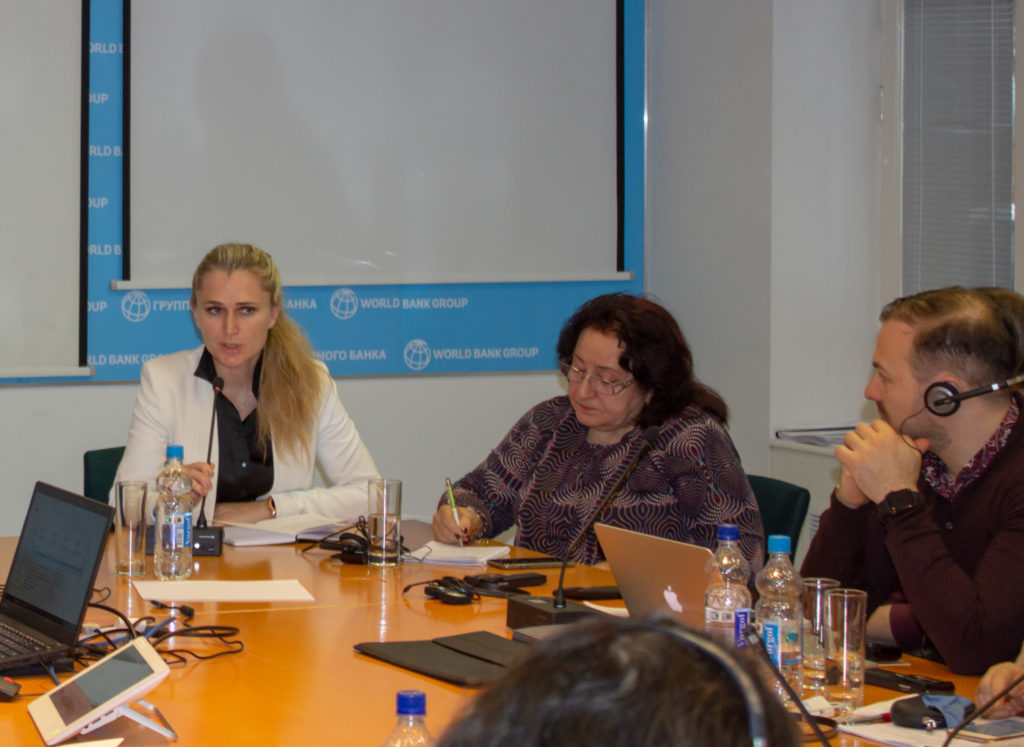From March 18 to March 22, a study visit to Moscow, supported by the World Bank, enabled delegations from Armenia, India, Mongolia, Nepal, Tajikistan and Vietnam (consisting of these countries’ representatives from their Ministries of Education, Universities and National Assessment Centres) to get acquainted with Russian universities’ experience in the development of graduate level programs in education assessment.
This study visit is a result of Russia’s commitment to the goal of improving the quality of education as well as its focus on the promotion of international cooperation in this field as evidenced by the international program: Russia Education Aid for Development – READ.
The growing interest to the Russian education system is accounted for by significant experience gained by the country’s experts and education institutions through participating in international assessment programs and developing the Russian national education quality assessment system. Russia’s education system and especially its experience, expertise and knowledge attract attention owing to the high performance of the Russian Federation as measured by the Human Capital Index (
https://databank.worldbank.org/data/download/hci/HCI_2pager_RUS.pdf ) and, particularly, the fact that Russia is one of the top ten performers on terms of harmonized learning outcomes.
The objectives of the study visit were, among other things, to give the opportunity to the delegations to get to know the strategies and practices for the organization of master’s programs in education assessment in Russia and compare them with their own experience as well as to:
• Acquire a better understanding of the Russian models of Education Assessment Programs of the graduate level;
• Acquire knowledge about the current policies, strategies and experiences for the organization and management of Education Assessment Programs of the graduate level in Russia;
• Share best practices with Russian universities;
• Explore opportunities for cooperation with Russian universities offering graduate-level programs in education assessment.
The study visit ended with a wrap-up seminar to discuss the results of the study tour and potential areas collaboration. The seminar was opened by Andras Horvai, Country Director and Resident Representative in the Russian Federation, World Bank, and Elena Smirnova, Deputy Director, Department of National Policy of General Education Quality Assessment.
Read more about READ Education Assessment Programs.
